
Business
15:51, 09-Feb-2018
HNA Group looks to sell $4bn of US property as debt woes grow
Nicholas Moore
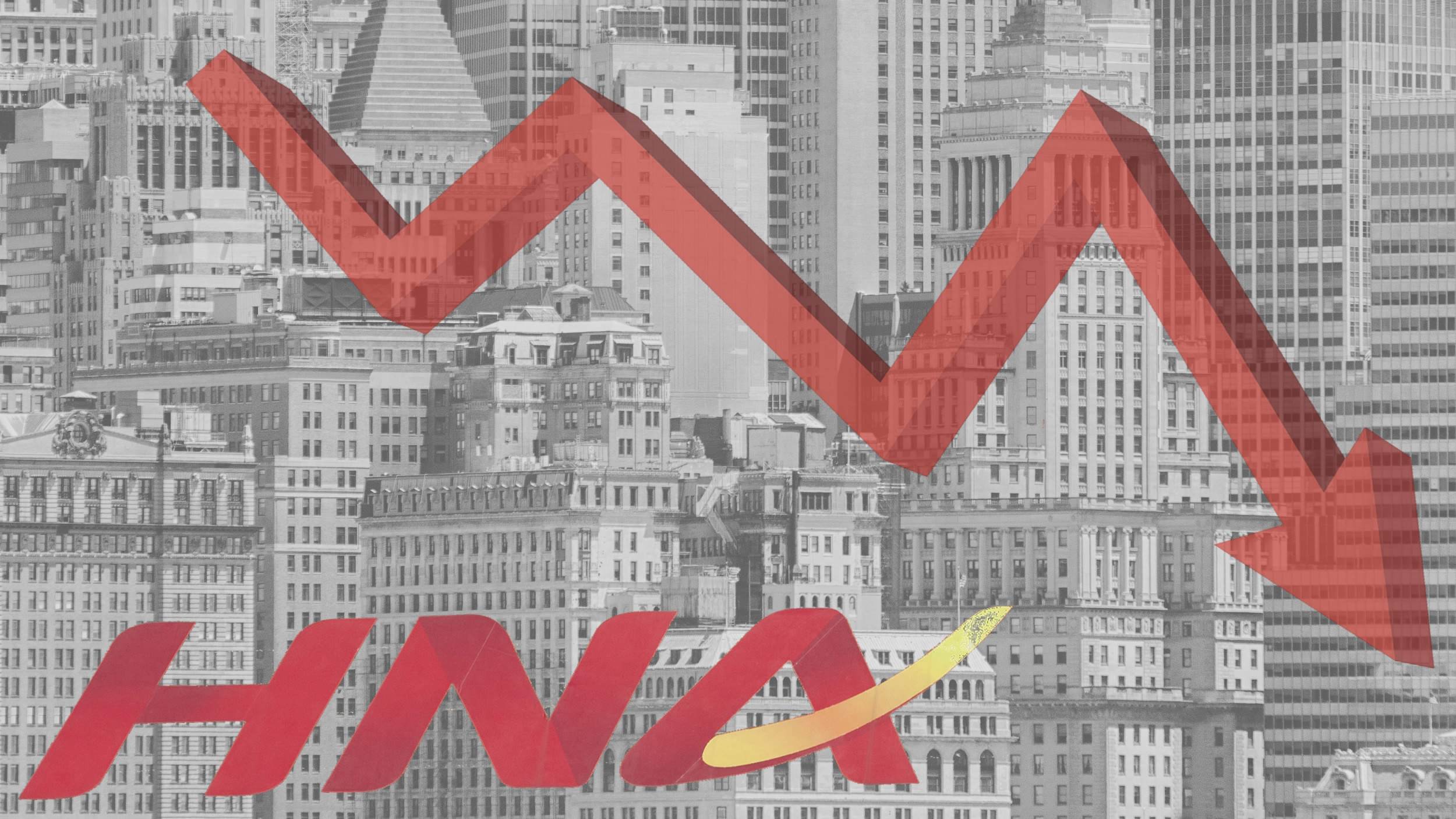
China’s troubled HNA Group is looking to sell off four billion US dollars’ worth of property in the US, as its debt struggles continue following a spectacular fall from grace.
After a series of high-profile mergers and acquisitions, HNA’s shopping spree has turned into a fire sale. This latest proposed asset selloff – which, according to Bloomberg, includes a New York Park Avenue skyscraper worth 2.1 billion US dollars – suggests HNA’s problems are set to continue into 2018.
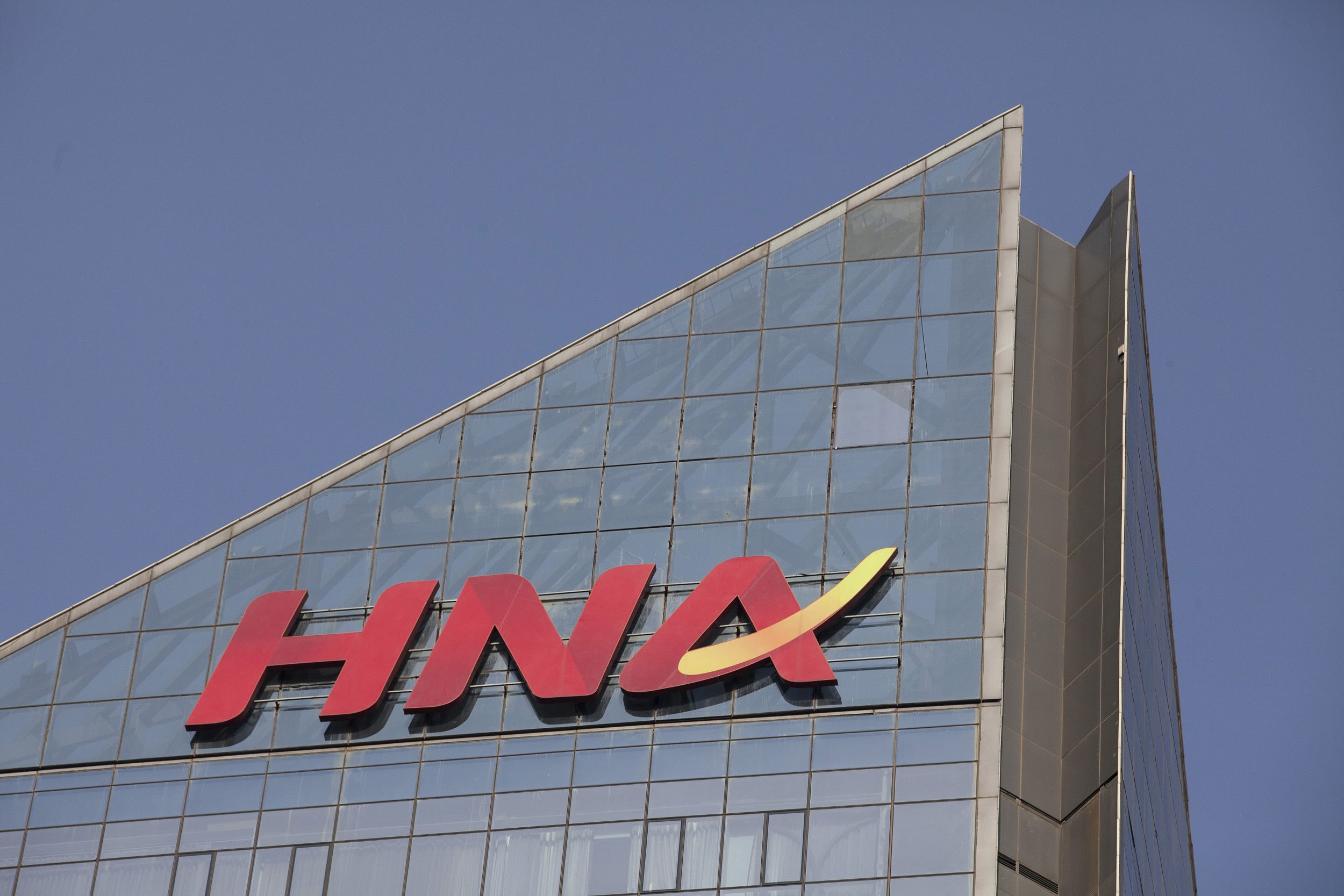
The HNA Group's building in Beijing /VCG Photo
The HNA Group's building in Beijing /VCG Photo
What is the HNA Group?
Twenty-five years ago, HNA Group was founded as a small airline with a fleet of three Boeing aircraft operating from the southern island province of Hainan.
As one of China’s first major joint-stock companies – meaning it was open to private investment as well as state backing – HNA proliferated, courting international investors including billionaire George Soros, who pumped 25 million US dollars into the group in the 1990s.
The airline business grew rapidly, with HNA expanding its reach into golf courses, tourism, and finance. Its range of investments meant that it was bringing in 100 billion US dollars of revenue at one stage, according to the New York Times.
Why did the investment bubble burst?
According to Reuters, HNA Group spent 50 billion US dollars on overseas assets in the last three years, in at least 80 merger and acquisition deals which included significant stakes in the Hilton hotel group and Deutsche Bank.
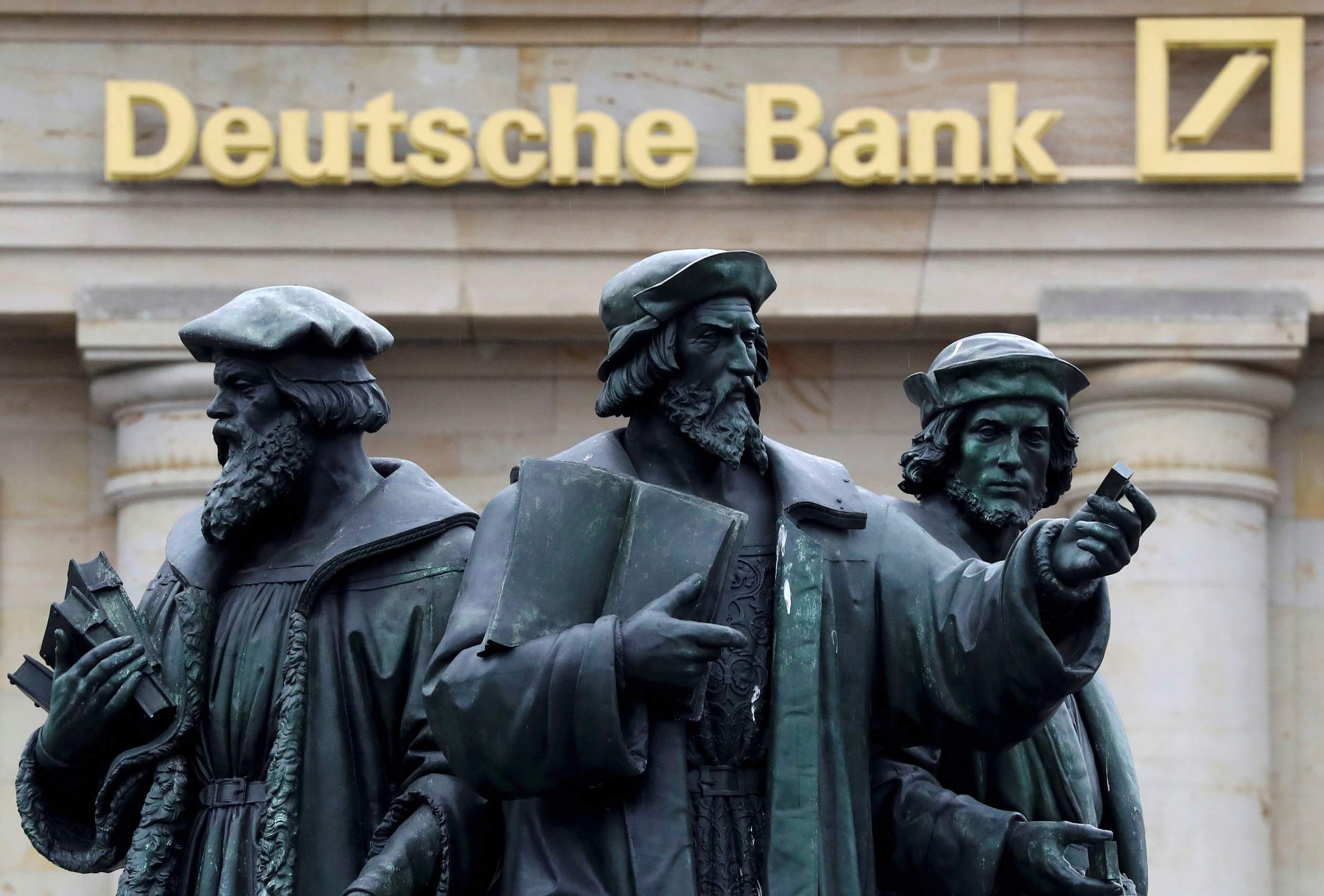
HNA owns a stake of 9.9 percent in Deutsche Bank, which posted a 621 million US dollar loss in 2017 – it's third consecutive annual loss. /VCG Photo
HNA owns a stake of 9.9 percent in Deutsche Bank, which posted a 621 million US dollar loss in 2017 – it's third consecutive annual loss. /VCG Photo
After authorities put pressure on enterprises like HNA and the Wanda Group to stem their overseas expansions as part of a bid to slow down capital outgoings from China, HNA Group’s internal finances came under increased suspicion.
Questions arose over how the group was funding its shopping spree, and more and more proposed deals between HNA and foreign companies began to fall through, with the Chinese group criticized for lack of transparency over where its money was coming from.
At the end of January, Swiss prosecutors announced they were investigating HNA Group’s takeover of airline catering company Gategroup for 1.5 billion US dollars, amid evidence that HNA had provided “untrue or incomplete” information before finalizing the deal.
According to Bloomberg, HNA Group’s operating income in 2016 was around 500 million US dollars – much lower than companies with similar debt levels (HNA had debts of 22.4 billion US dollars at that time).
Many of the group’s overseas purchases were made with leveraged capital, and 2018 and 2019 will see bonds worth 20 billion US dollars expire.
Reports of a cash crunch coincided with the sale of 166 million US dollars’ worth of property in Australia last month. Reuters then reported that HNA had told creditors it faced a shortfall of 2.4 billion US dollars in the first quarter of this year.
According to Xinhua, HNA co-founder and chairman Chen Feng admitted the company was facing liquidity problems, but was optimistic the conglomerate could overcome the problem and continue to get support from banks and other financial institutions.
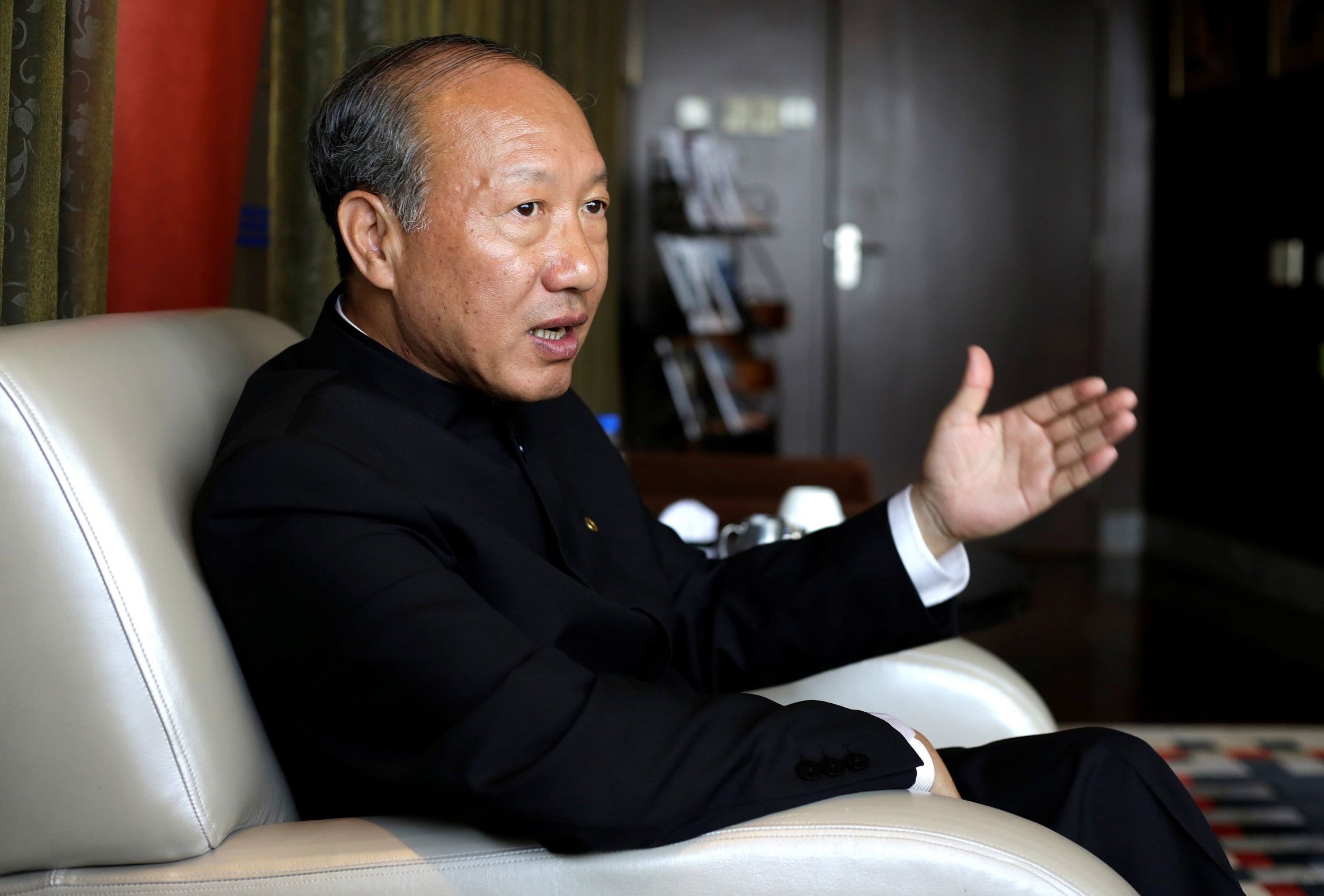
Chairman of HNA Group Chen Feng, September 2015. /VCG Photo
Chairman of HNA Group Chen Feng, September 2015. /VCG Photo
What happens next?
The HNA Group could follow the course of Wanda by selling off a series of assets in a bid to tackle its debt burden.
By June 2017 the group had assets worth 190 billion US dollars, according to Bloomberg, although how much of those assets were purchased with borrowed funds remains unclear.
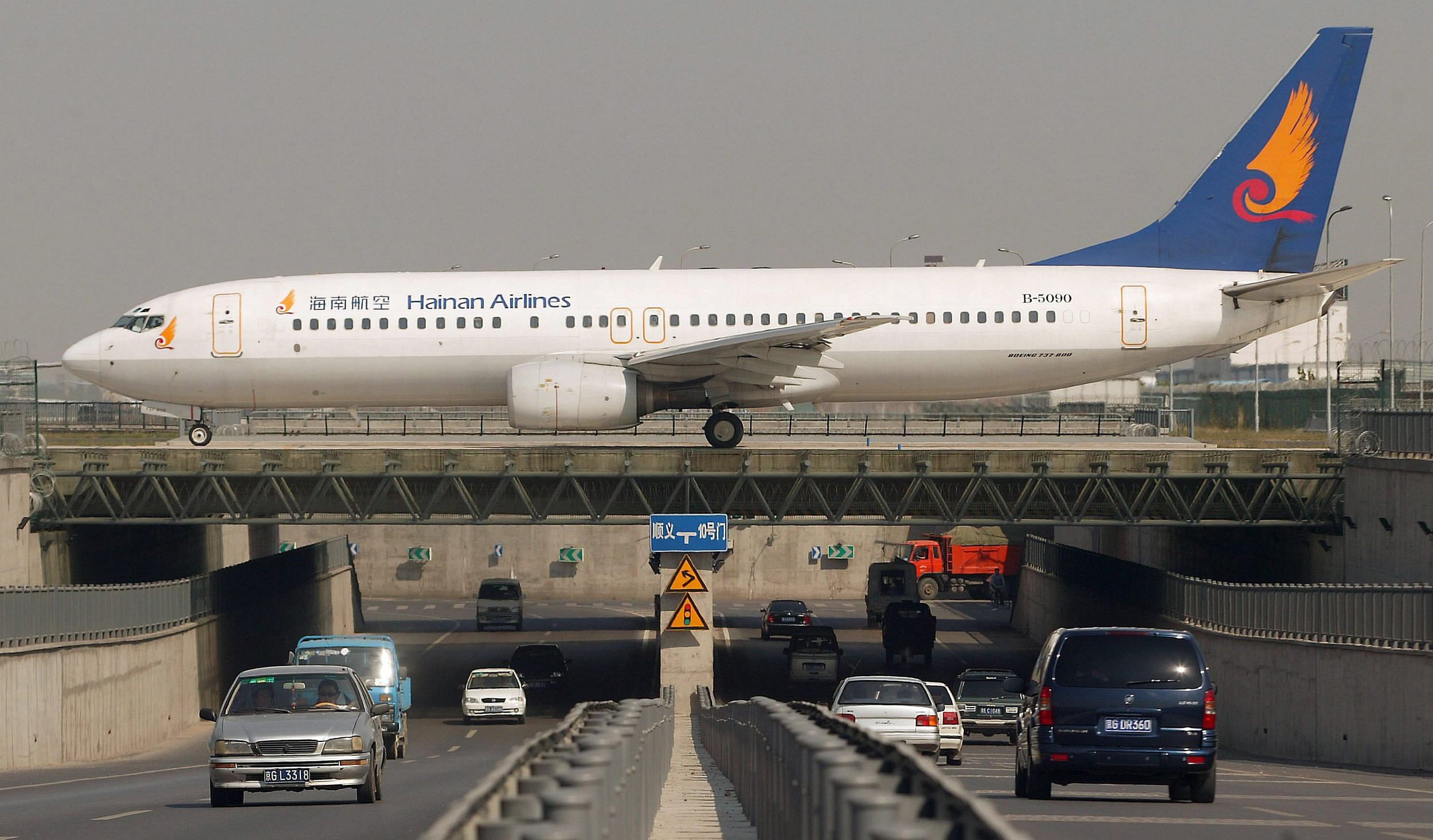
Hainan Airlines is Asia's fourth-largest airline, in terms of passengers carried per year. /VCG Photo
Hainan Airlines is Asia's fourth-largest airline, in terms of passengers carried per year. /VCG Photo
The group consists of some 16 subsidiaries which are listed in Chinese mainland and Hong Kong, but seven of them have suspended trading since November. At the end of last month one of the subsidiaries – Tianjin Tianhai – said trading would be suspended until its assets were restructured.
Hainan Airlines – another suspended subsidiary – also confirmed that it would look to restructure.
A blow to international confidence
Publicly, HNA Group continues to deny that it is in serious trouble, saying media reports are not aligned with the conglomerate’s real situation.
However, its activities overseas have dealt significant damage to its reputation. Coupled with Wanda’s debt troubles, Chinese overseas investment, in general, will likely come under even more scrutiny in the future.
After HNA Group purchased Swissport, the world’s largest cargo handler for 2.8 billion US dollars in 2016, the Zurich-based company has been delivering extended loans back to its new parent company, much to the anger of investors.
The lack of transparency over the Swissport deal has seen international confidence in HNA Group crumble, with US authorities reportedly refusing approval to any investments from the group unless it can prove where its finances come from.
The European Central Bank announced an investigation into HNA and the Qatar royal family over the acquisition of stakes in Deutsche Bank, while Xinhua reported last month that HNA Group was considering selling off its 29.5 percent stake in Spain’s NH Hotels group, worth around 770 million US dollars.

SITEMAP
Copyright © 2018 CGTN. Beijing ICP prepared NO.16065310-3
Copyright © 2018 CGTN. Beijing ICP prepared NO.16065310-3